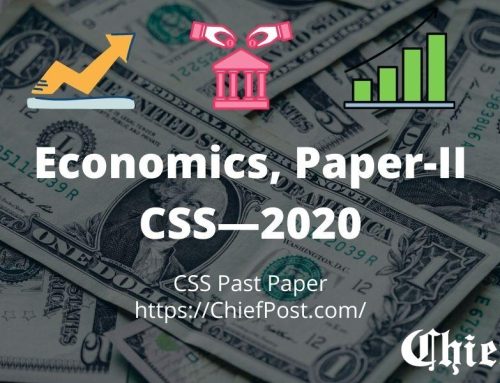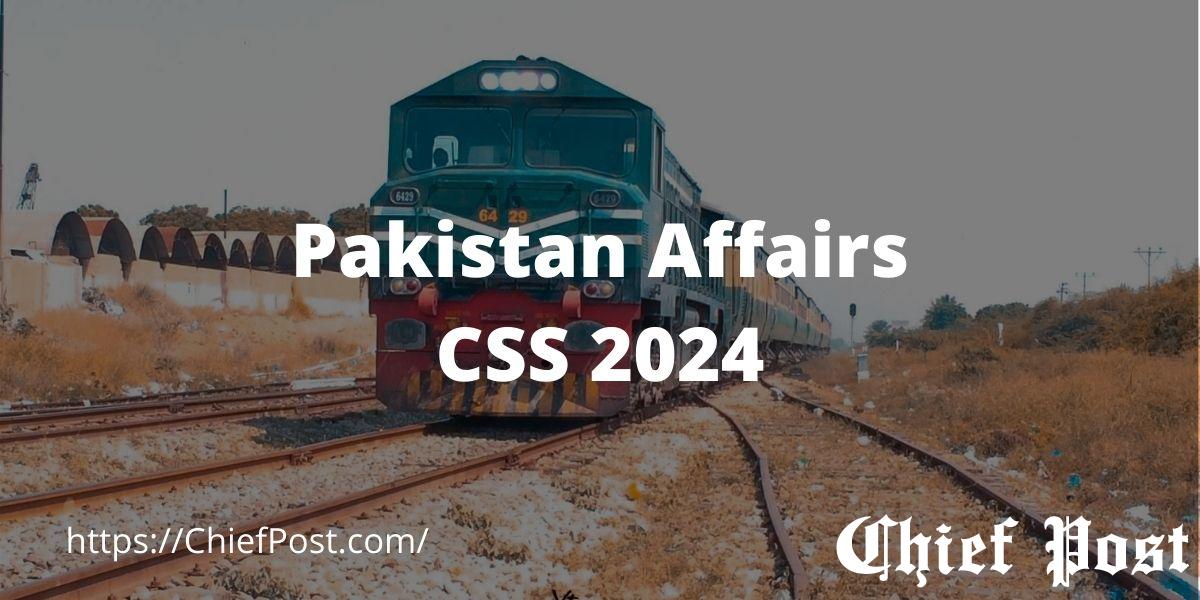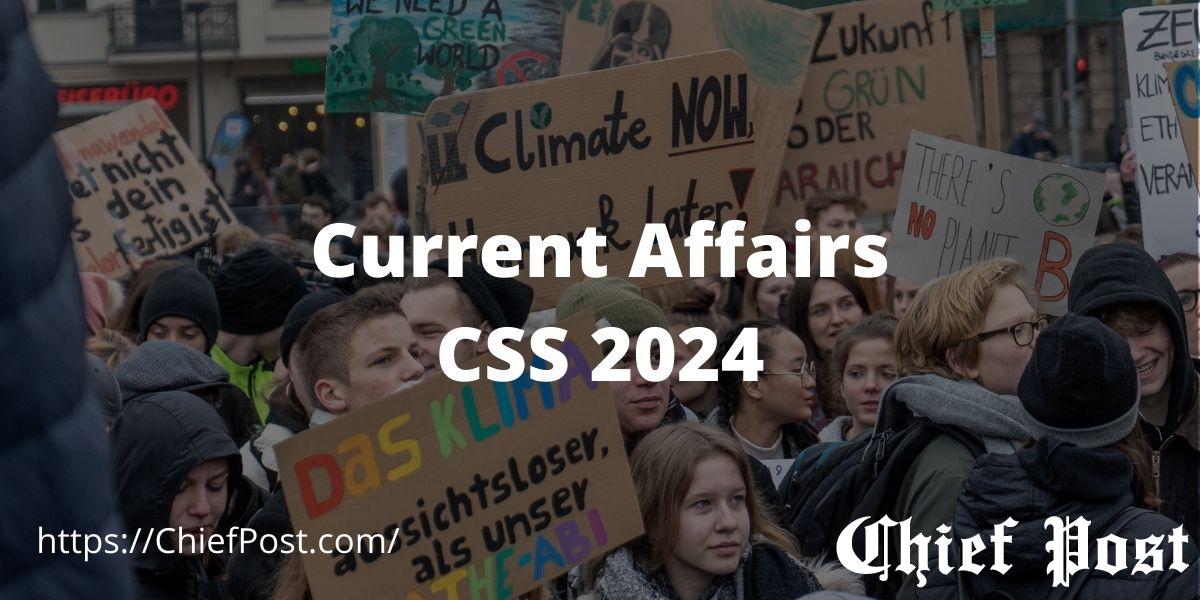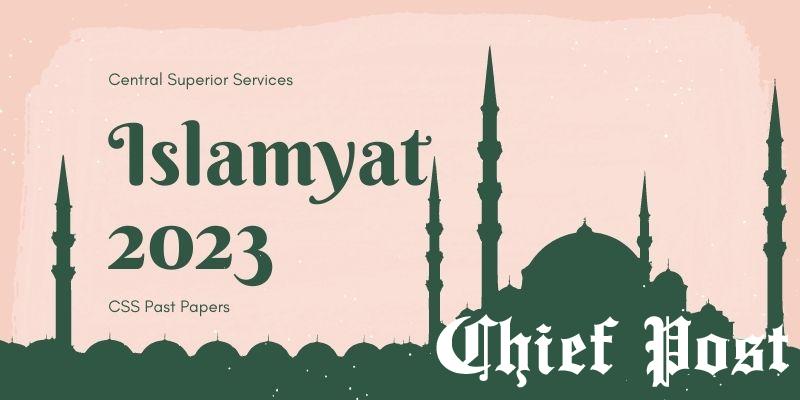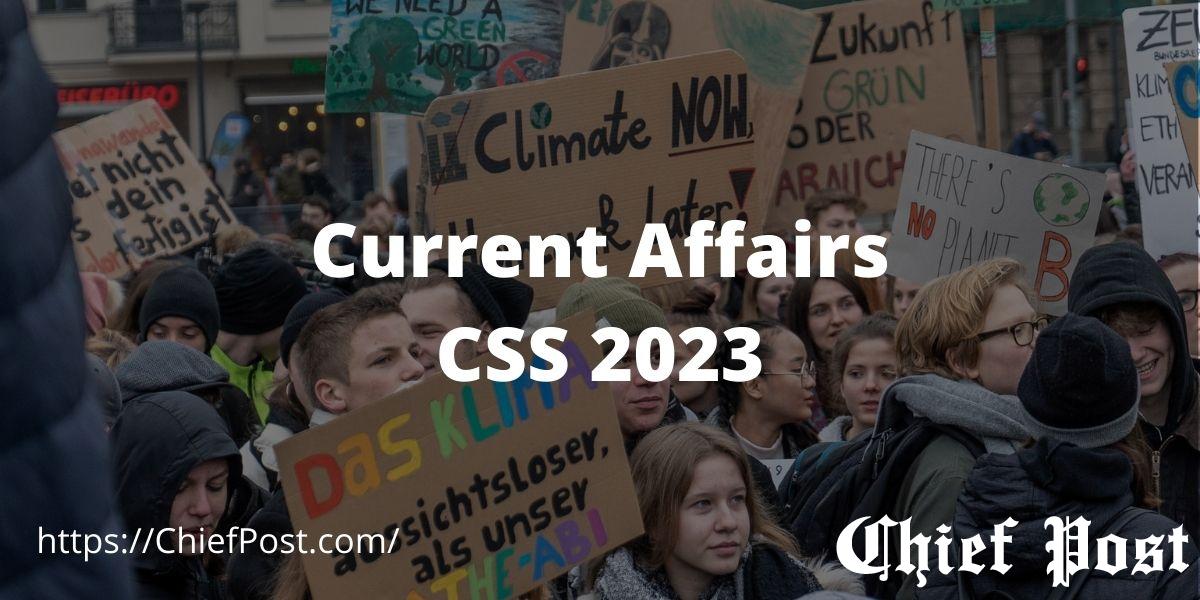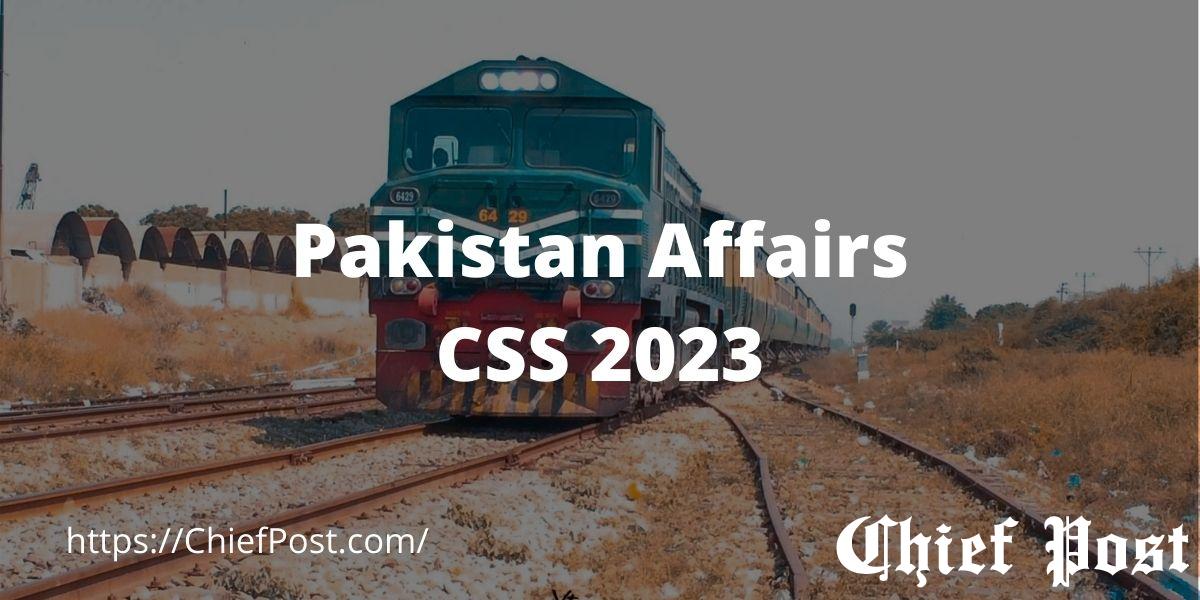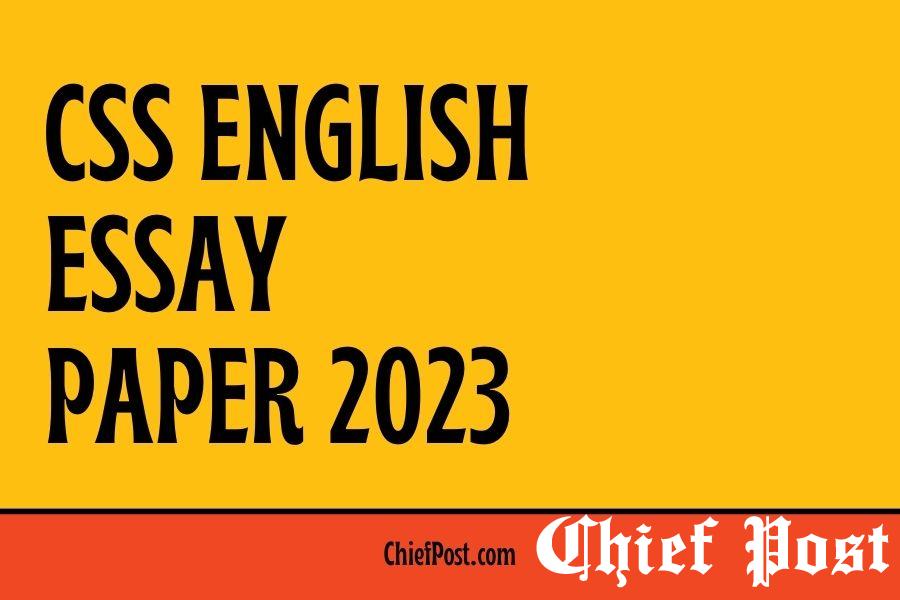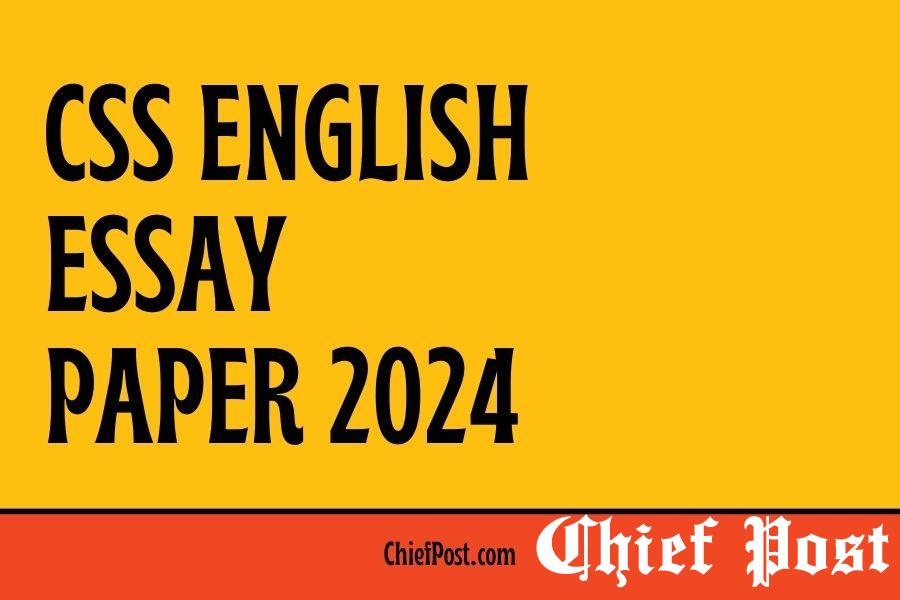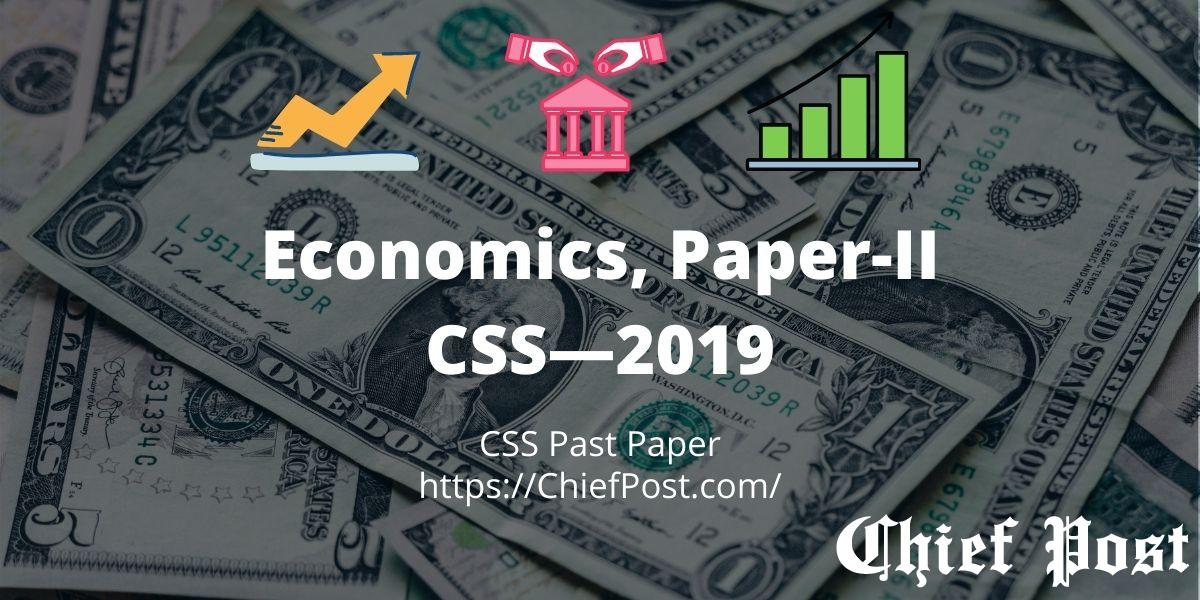
Economics, Paper 2, 2019 — CSS Past Paper
FEDERAL PUBLIC SERVICE COMMISSION
COMPETITIVE EXAMINATION-2019
FOR RECRUITMENT TO POSTS IN BS-17
UNDER THE FEDERAL GOVERNMENT
ECONOMICS, PAPER-II
TIME ALLOWED: THREE HOURS
PART-I(MCQS): MAXIMUM 30 MINUTES
PART-I (MCQS) MAXIMUM MARKS = 20
PART-II MAXIMUM MARKS = 80
NOTE:
- (i) Part-II is to be attempted on the separate Answer Book.
- (ii) Attempt ONLY FOUR questions from PART-II. ALL questions carry EQUAL marks.
- (iii) All the parts (if any) of each Question must be attempted at one place instead of at different places.
- (iv) Candidate must write Q. No. in the Answer Book in accordance with Q. No. in the Q.Paper.
- (v) No Page/Space be left blank between the answers. All the blank pages of Answer Book must be crossed.
- (vi) Extra attempt of any question or any part of the attempted question will not be considered.
PART-II
Q. No. 2.
Describe the salient features of Nurkse, Ropan and Hirchman theories. Comment on the relevancy of each with reference to Pakistan? (20)
Q. No. 3.
Critically examine the surplus labor model presented by Arthur Lewis. Can this model be used to initiate industrial development in Pakistan? (20)
Q. No. 4.
Differentiate between the concepts of poverty and income inequality. How can public policy help in alleviating poverty and reducing inequality in a developing country like Pakistan? (20)
Q. No. 5.
Explain various types of inflation. To what extent should it be controlled? How can fiscal and monetary policy measures help control inflation in Pakistan? (20)
Q. No. 6.
Analyze the role of international trade in the economic development of Pakistan. How might WTO affect the terms of trade in an otherwise free economy? (20)
Q. No. 7.
Examine the role of Agriculture Sector in the economic development of Pakistan. Should the country continue investing in it or there exist better options as alternate plans? (20)
Q. No. 8.
What are the reasons for the adverse balance of trade in Pakistan? Suggest the possible measures to improve the balance of trade scenario of Pakistan. (20)
**********

